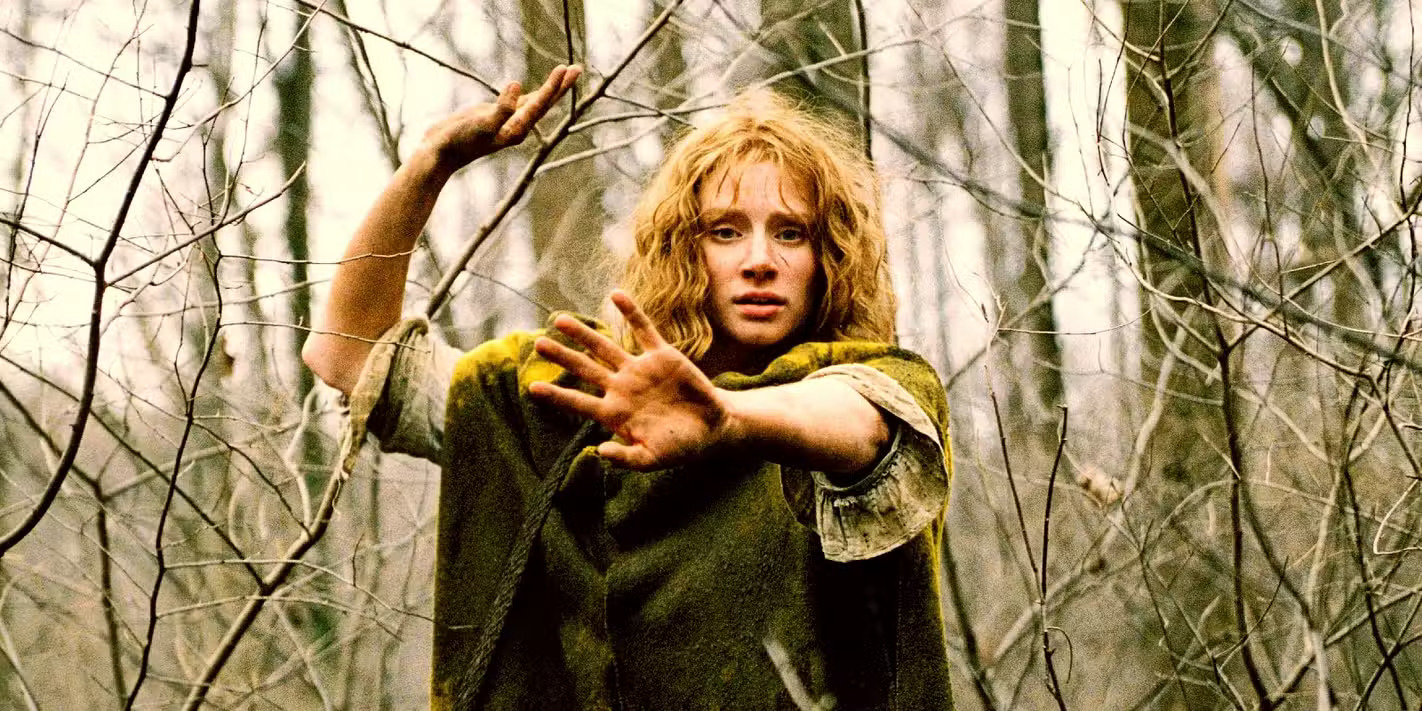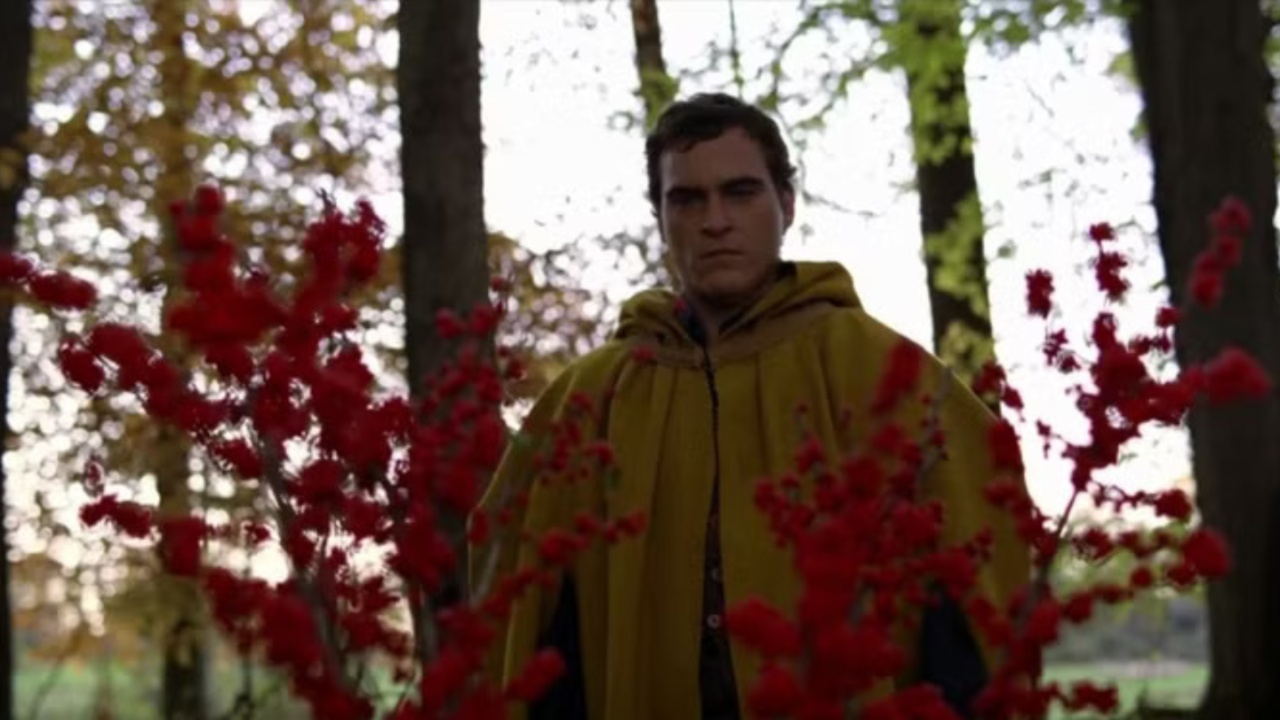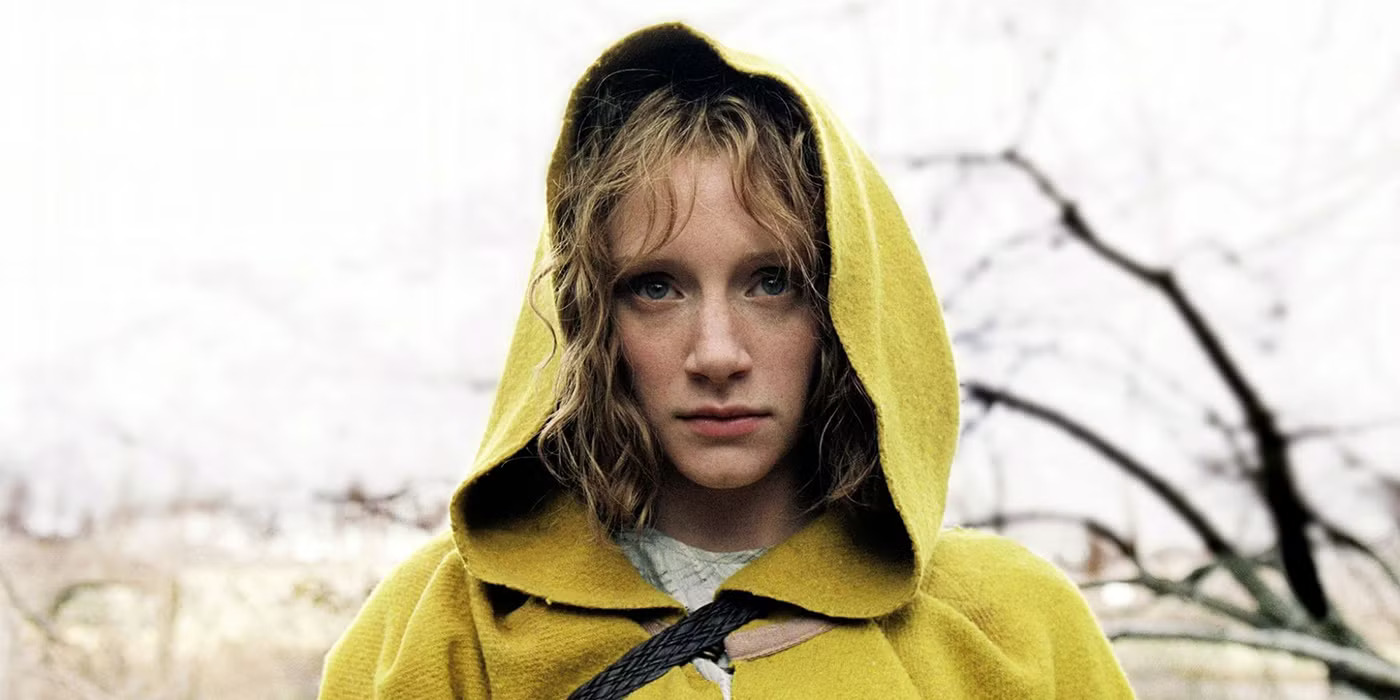M. Night Shyamalan’s The Village, released in 2004, remains one of the director’s most ambitious yet divisive projects. Featuring a star-studded cast that includes Bryce Dallas Howard, Joaquin Phoenix, William Hurt, Sigourney Weaver, Adrien Brody, Judy Greer, and Jesse Eisenberg, the film set out to explore themes of fear, isolation, and societal control.
While the movie earned mixed reviews and box office returns that fell far behind the massive successes of The Sixth Sense and Signs, it has maintained cultural relevance due to its twist ending, which continues to provoke debate decades after its release. The film is often remembered less for its narrative cohesion and more for the shock value of its controversial conclusion.
The Village centers on a small, isolated Pennsylvania community that lives under a constant sense of fear. Residents are terrorized or at least made to believe they are by creatures in the surrounding woods called “Those We Don’t Speak Of.” The villagers strive to maintain a semblance of normal 19th-century life, including simple occupations, courtships, and social rituals, all while adhering to strict rules designed to prevent contact with the outside world.
This setting, combined with the ever-present threat of the mysterious creatures, establishes a tense, suspenseful atmosphere that dominates the first two acts of the film. The story appears to be a period piece about superstition and human vulnerability, only for its true nature to be revealed at the end.
The twist ending of The Village is among Shyamalan’s most controversial. Rather than being a 19th-century tale, the village exists in modern times, with the “monsters” being nothing more than villagers in disguise. The community was deliberately isolated by the Elders, who sought to protect themselves and their children from the perceived dangers of the outside world.
This revelation reframes the entire narrative, transforming it from a suspenseful horror story into a psychological study of parental control, fear, and societal detachment. Ivy (Bryce Dallas Howard) and Lucius (Joaquin Phoenix) serve as the emotional core of the story, with their romantic relationship driving the plot toward the climactic revelation.

Ivy’s Journey Reveals Modern World, Cult Control, and Critiques Parental Authority
The pivotal moment comes when Lucius is injured by Noah (Adrien Brody), a village member with developmental disabilities motivated by jealousy. Ivy, desperate to save Lucius, ventures into the forbidden woods to retrieve medicine. It is during this journey that she encounters a park ranger and briefly discovers the modern world, revealing that the village has been functioning as a self-contained experiment in isolation.
A brief cameo by Shyamalan himself underscores this modern setting. Despite her exposure to the outside, Ivy’s blindness prevents her from fully comprehending the technology and societal norms beyond the village, maintaining her symbolic innocence and illustrating the gap between perception and reality.
Despite its narrative ambition, the twist was widely criticized. Many viewers found it implausible that the village could remain isolated in 2004 without detection, particularly given the supposed modern infrastructure surrounding it. Details such as a gravestone marked 1897 and the conveniently wealthy Walker family managing the nature preserve were seen as contrived plot devices.
Critics argued that these elements undermined the story, making the twist feel less like a revelation and more like a narrative cheat. Unlike Shyamalan’s other successful twists, which typically deepen character arcs, The Village’s ending reshapes the entire story world, forcing audiences to question the logic of the village’s existence rather than fully engage with its thematic resonance.
Beyond its twist, The Village explores themes of cult-like control and religious allegory. The Elders dictate behavior through fear, establishing arbitrary rules and using fabricated attacks by the “monsters” to enforce compliance. Villagers live under constant surveillance and threat of exile, effectively eroding personal autonomy.
This framework critiques blind obedience to authority and highlights the dangers of manipulating ideology for perceived safety. The villagers’ unquestioning adherence to superstition mirrors aspects of organized religion, with the Elders functioning as authoritarian figures who enforce conformity under the guise of protection.

Monsters as Metaphors Highlight Parental Control, Manipulation, Autonomy, and Psychological Consequences in The Village
Although the film ultimately reveals that the monsters are not supernatural, they serve as a potent metaphor. The creatures represent the darker side of parental responsibility and control. The Elders dress as monsters to maintain order, instilling fear to protect their children from the perceived evils of the outside world. In this way, the monsters are less literal threats and more symbolic extensions of the Elders’ authority and anxiety. They embody the tension between protection and oppression, illustrating the moral and psychological costs of extreme parental intervention.
Central to The Village is the theme of parental manipulation and the consequences of controlling a child’s worldview. Ivy’s journey serves as a coming-of-age narrative in which she confronts the lies imposed upon her from birth. Despite being deliberately misled, she navigates the world blindly, relying on her courage and intuition.
Her confrontation with the truth reflects the film’s deeper exploration of autonomy, critical thinking, and self-liberation. The narrative suggests that the process of leaving childhood indoctrination behind involves both literal and figurative navigation of unknown territory, highlighting the psychological impact of prolonged manipulation.
The film ends ambiguously, leaving Ivy’s ultimate decision unclear, whether she maintains the Elders’ deception or reveals the truth to the village. On one level, the ending appears optimistic, as Lucius survives and their relationship is intact. On a metaphorical level, however, Ivy’s confrontation with the Elders’ lies signifies personal growth and the ability to overcome the constraints of her upbringing. This ambiguity underscores the ethical and psychological dilemmas inherent in control, protection, and indoctrination, making the narrative as much a commentary on societal and parental dynamics as it is a suspenseful thriller.
While Shyamalan’s twists in films like The Sixth Sense and Unbreakable are praised for deepening narrative complexity, The Village’s twist had the opposite effect. By reshaping the entire story world rather than focusing on individual character revelations, the ending alienated audiences and exposed plot inconsistencies, ultimately damaging the film’s reception.
Despite these flaws, The Village remains a compelling allegory for parental control, the dangers of indoctrination, and the psychological impact of fear-based governance. Though widely regarded as one of Shyamalan’s weakest twists, the film’s exploration of societal, parental, and psychological themes continues to generate discussion and analysis.



